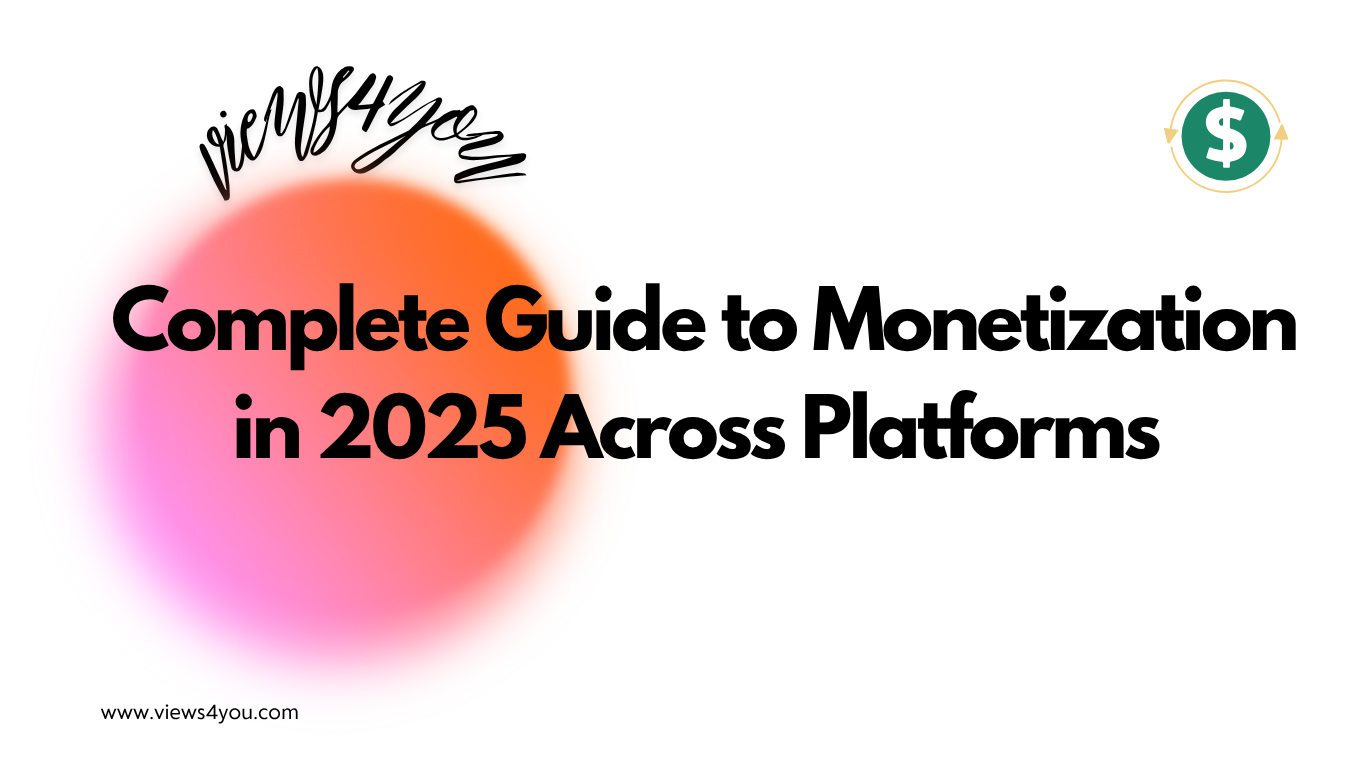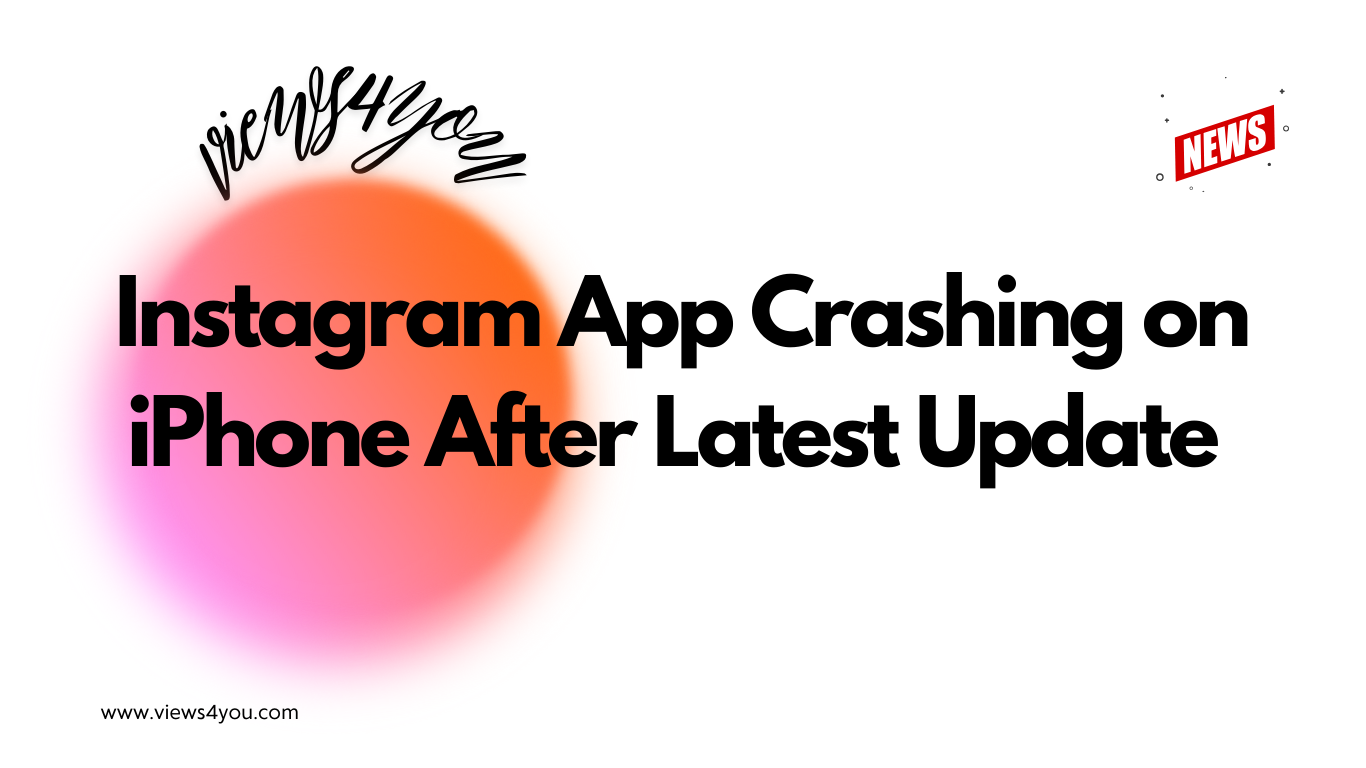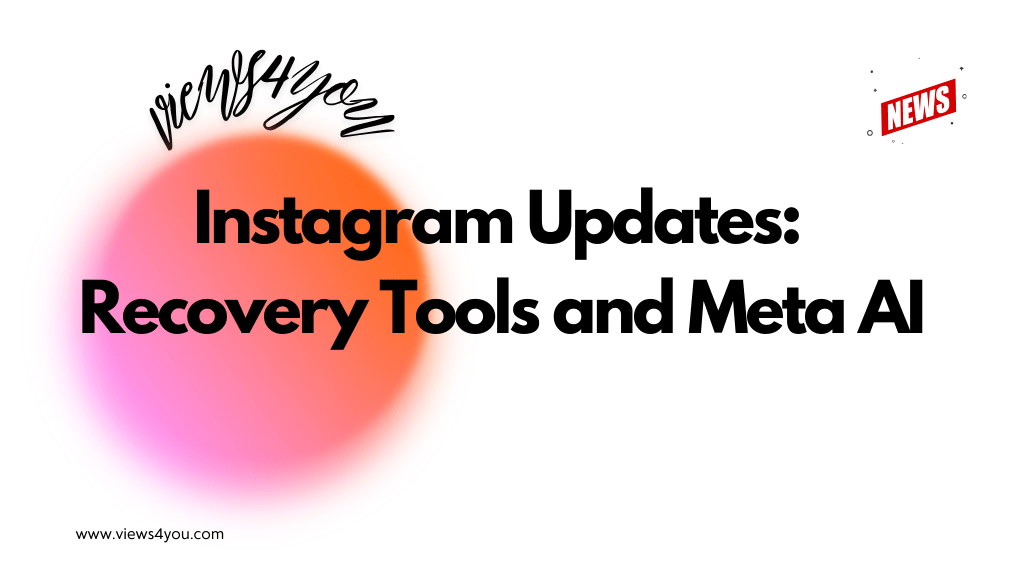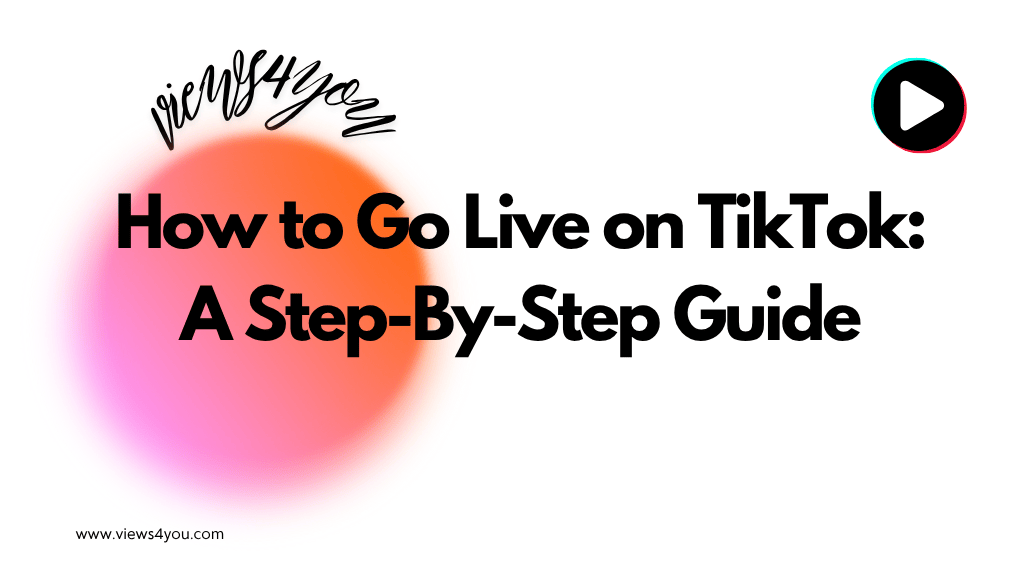ONB meaning depends on where it’s used. On social media, ONB can mean “On Bro” to stress honesty, “Outward Nose Breath” for a subtle laugh, or “Old News, Bro” to dismiss outdated content. In professional contexts, ONB often refers to onboarding in workplaces or Old National Bank in finance.
If you scroll through TikTok, Instagram, or Twitter/X, chances are you’ve come across the abbreviation ONB. For many people, the first reaction is confusion: “What does this even mean?” That uncertainty is natural because ONB doesn’t belong to just one category of meaning. In digital conversations it can signal honesty, humor, or irrelevance, while in professional contexts it can mean something much more formal. Understanding ONB requires more than just memorizing a definition, it’s about knowing where, how, and why it’s used.
This article explores the most common social uses of ONB, unpacks the creativity behind them, and then briefly looks at professional meanings. By the end, you’ll know how to spot ONB in comments, chats, and even business settings without getting lost in translation.
ONB as “On Bro”
One of the most widely recognized meanings of ONB is “On Bro.” In online conversations, this phrase works like a digital handshake. It is often added at the end of a statement to give it more weight, like saying “I swear” or “I promise.” Imagine a chat between two friends:
- “Are you really coming tonight?”
- “Yeah, I’ll be there for sure, ONB.”
That simple addition flips a casual reply into a declaration of sincerity. This matters in a space where tone is hard to read. Text messages and comments can feel flat, so abbreviations like ONB help add emotion and credibility. The popularity of this phrase shows how much trust and emphasis can be packed into three short letters. It thrives in group chats, Instagram DMs, and even gaming lobbies where verbal cues are absent but trust needs to be reinforced. And it works best because it feels like natural slang.
ONB as “Outward Nose Breath”
Another major meaning is “Outward Nose Breath.” Think of the sound you make when something is amusing but doesn’t quite make you laugh out loud. That quick puff of air is exactly what ONB represents. It’s subtle, understated, and incredibly relatable.
For example, on TikTok you might find a comment like, “This had me onb.” Instead of relying on the old “lol,” which feels outdated to many younger users, ONB captures a more realistic reaction. It tells the creator, “This was funny enough to get me, but not so funny I burst out laughing.”
This abbreviation has grown in popularity because it mirrors real-life experiences. Everyone has had those moments when a joke lands lightly, and ONB provides the perfect shorthand for it. It’s more modern than emojis, less exaggerated than “LMAO,” and fits seamlessly into fast-paced comment sections. That’s why it has quickly become one of the most adaptable social media terms.
ONB as “Old News, Bro”
The third common meaning of ONB is “Old News, Bro.” This one taps into the rhythm of social media, where trends move at lightning speed. What feels fresh today can feel stale tomorrow, and ONB gives people a playful way to say, “You’re late to this one.”
Picture someone reposting a meme from last year. Instead of writing out a full sentence, another user might just reply with “ONB.” It’s a shortcut that dismisses outdated content without being harsh. The phrase carries a mix of humor and light sarcasm, letting the conversation move forward without dragging down the vibe.
This meaning highlights why ONB resonates so strongly with younger audiences. It reflects how quickly they move through information and how efficient they want their interactions to be. It’s sharp, to the point, and it naturally speaks to Gen Z.
Why ONB Fits Online Culture
The appeal of ONB lies in its versatility. In some cases, it builds trust. In others, it signals humor. Sometimes it dismisses irrelevant content. All of these roles share one thing in common: efficiency. Instead of typing long sentences, users rely on ONB to deliver the same message with fewer keystrokes.
It also reflects a larger trend in how digital communication evolves. Abbreviations don’t just save time, they carry emotion, context, and identity. ONB shows how three simple letters can mirror real-world interactions, whether it’s a laugh, a promise, or a brush-off.
Lesser-Known Meanings of ONB
Beyond the main three interpretations, this abbreviation has a handful of niche uses that pop up in smaller circles on social platforms, making it one of the more fluid social media abbreviations in use today. Some communities use it to mean “On My Block,” signaling neighborhood pride or belonging. In others, it can stand for “On BS,” calling out someone who’s clearly joking or exaggerating. Occasionally, you might even see it as “Oh no, bro,” used to express disappointment or surprise.
These meanings don’t dominate mainstream platforms, but they remind us of how flexible digital language can be. New definitions appear as subcultures adapt common abbreviations for their own use. While you may not encounter these often, being aware of them makes you more fluent in the broader online conversation.
Decoding ONB Across Platforms
Understanding ONB isn’t about memorizing one definition, it’s about reading the room. In private chats, ONB usually comes across as a promise. On TikTok, it’s more likely to mean a small laugh. On Twitter/X, it’s often a comment on something outdated.
The trick is to consider tone, platform, and timing. A serious sentence ending in ONB is probably reinforcing sincerity. A short comment under a funny video is likely marking a chuckle. A reply to a news link is almost certainly dismissing it as old. Once you know these cues, ONB becomes second nature to interpret.
ONB as a Cultural Bridge
What makes ONB fascinating is that it lives in two worlds. On social media, it’s a playful, flexible tool for quick expression. In professional life, it’s a formal abbreviation tied to structure and systems. The same three letters can mean a lighthearted laugh in one setting and a corporate program in another.
This duality reflects the nature of language itself. It evolves, adapts, and takes on new meanings depending on where it’s used. ONB is just one example of how modern abbreviations cross boundaries, bridging cultural slang with corporate speech.
ONB in the Professional World
Outside of social platforms, ONB carries a very different set of meanings. In business, it is often shorthand for onboarding, the structured process of introducing new employees or customers to a system. Onboarding programs are critical for helping people feel comfortable, confident, and productive in a new environment.
In finance, ONB stands for Old National Bank, a U.S. institution with its ticker symbol listed as ONB. This meaning is far removed from social slang, but it’s worth knowing if you encounter the abbreviation in news reports or financial documents. While these professional uses matter in their own contexts, they don’t overlap with the playful and cultural dimensions ONB carries online.
FAQs
How do I know when not to use ONB?
Avoid using it in serious, formal, or cross-generational conversations where clarity matters. If you’re unsure your audience understands ONB, it’s better to spell things out.
Can ONB evolve into new meanings over time?
Definitely. Like many abbreviations, ONB can shift as communities adapt it for new jokes, trends, or cultural references.
Do older generations understand ONB easily?
Not always. Many outside Gen Z may misinterpret it or assume it’s just another acronym, which is why context is essential.








